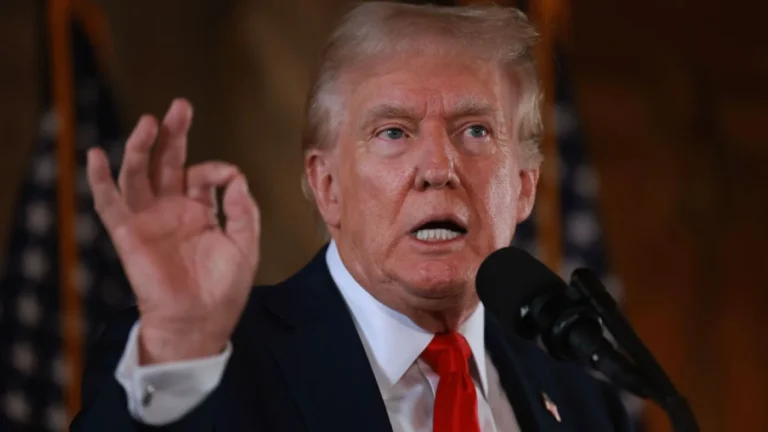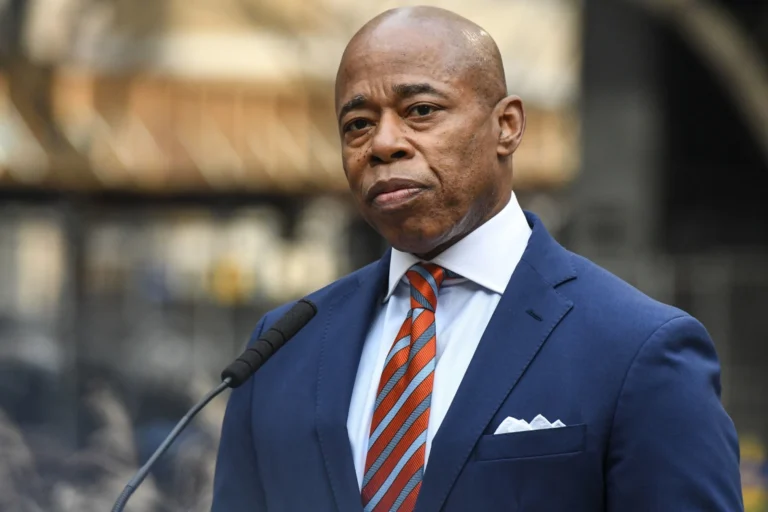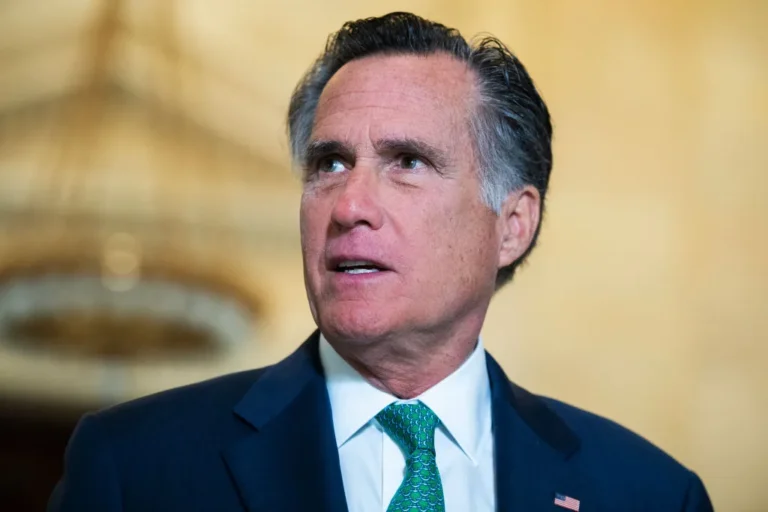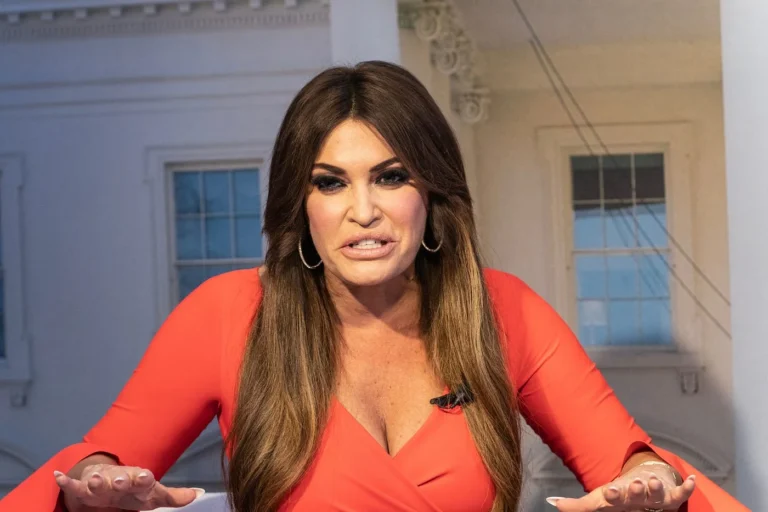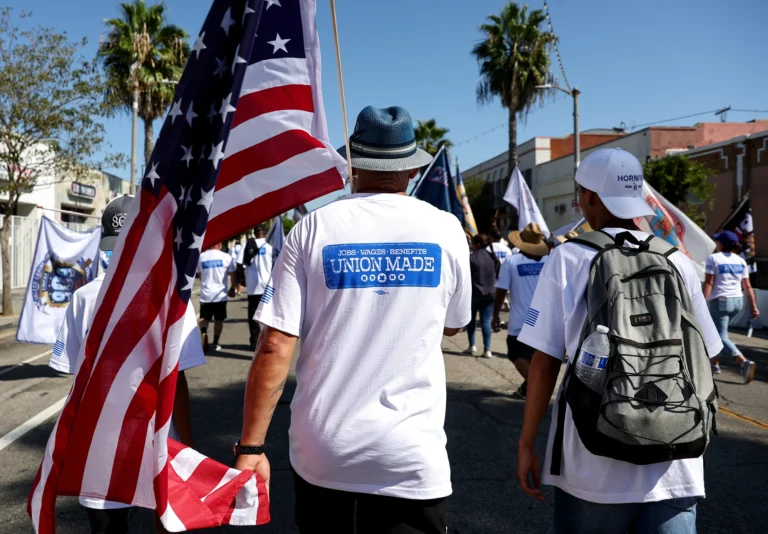Trump Taps Former Senator David Perdue as Ambassador to China
President-elect Donald Trump announced on Thursday that he has selected former Senator David Perdue to serve as the U.S. ambassador to China. The choice signals Trump’s intent to manage U.S.-China relations with a focus on addressing trade tensions and other critical issues.
Business Experience to Navigate Complex Relations
Perdue, a Republican from Georgia who served in the Senate from 2015 to 2021, brings significant business experience to the role. Before entering politics, he spent four decades as a business executive, including time living in Hong Kong. Trump praised Perdue’s credentials, emphasizing his potential to foster constructive relations with Beijing while advancing U.S. strategic interests.
“He will be instrumental in implementing my strategy to maintain peace in the region and a productive working relationship with China’s leaders,” Trump said on his social media platform, Truth Social.
Perdue’s nomination marks a return to the practice of appointing former politicians to the U.S. Embassy in Beijing. This approach was a departure from President Joe Biden’s choice of Nicholas Burns, a seasoned career diplomat, in 2021.
Tougher Trade Stance Under Trump
Trump’s nomination of Perdue comes as the incoming administration signals a hardline approach toward China. Trump has already pledged to impose an additional 10% tariff on Chinese goods if Beijing does not take stronger action to curb fentanyl trafficking, which has fueled the opioid crisis in the United States.
During his campaign, Trump also proposed tariffs exceeding 60% on Chinese imports, raising concerns about a renewed escalation of trade tensions. His administration’s strategy toward China could go beyond economic measures, as other senior appointees, such as Senator Marco Rubio for secretary of state, also reflect a tough stance on Beijing.
A History of Trade Tensions
In his first term, Trump’s administration engaged in an unprecedented trade war with China, aiming to address what it described as unfair trade practices and intellectual property theft. Former Iowa Governor Terry Branstad, who served as Trump’s ambassador to China during that time, leveraged personal ties with Chinese officials, including President Xi Jinping, to manage negotiations. However, despite these efforts, tensions between the two nations escalated.
Perdue’s nomination raises questions about how the ambassador’s role will evolve under the new administration. Analysts suggest that Beijing may prioritize direct engagement with Trump and his closest advisers to navigate what many anticipate will be a return to heightened trade conflicts.
A Strategic Role in U.S.-China Relations
The relationship between the United States and China remains fraught with mistrust, encompassing issues such as trade imbalances, human rights concerns, and regional security. Trump’s selection of Perdue indicates a desire to have a seasoned figure at the helm of the U.S. Embassy in Beijing, capable of managing the complexities of bilateral relations.
The role of the U.S. ambassador in Beijing will likely extend beyond trade disputes. Perdue is expected to play a key part in advancing Trump’s broader goals in Asia, which include addressing North Korea’s nuclear ambitions and maintaining regional stability.
Balancing Diplomatic Challenges
Perdue’s business acumen and political experience could prove valuable in navigating the challenges of the role. However, his appointment also highlights the broader challenge of balancing diplomatic efforts with Trump’s assertive policies toward China. The success of this approach will depend on whether the administration can leverage Perdue’s expertise while managing the broader geopolitical dynamics at play.
Looking Ahead
Trump’s second term, set to begin on January 20, 2025, is poised to see a recalibration of U.S.-China relations. The selection of Perdue as ambassador underscores the administration’s focus on addressing key issues, from trade and narcotics trafficking to broader strategic competition.
As the U.S. and China prepare for another potentially tumultuous phase in their relationship, Perdue’s nomination represents a strategic move to navigate the complex dynamics between the two global powers. His confirmation and subsequent actions will be closely watched as both nations adapt to the evolving geopolitical landscape.

